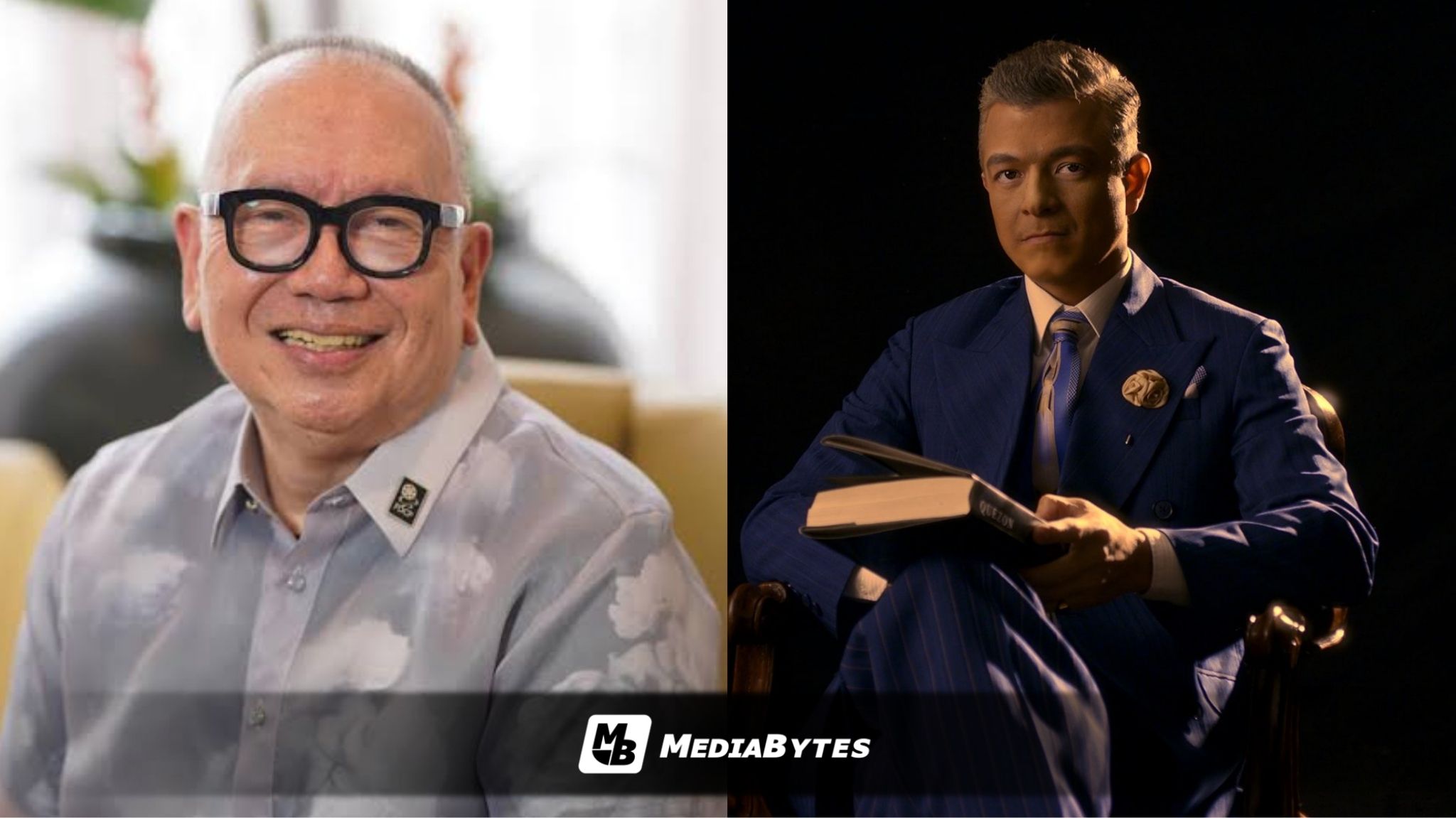The newly released biographical film “Quezon”, which explores the political journey of former Philippine President Manuel Luis Quezon, has stirred a heated discussion among filmmakers, historians, and audiences over historical accuracy, artistic interpretation, and the public’s engagement with local cinema.
Veteran filmmaker Jose Javier Reyes, who also serves as a senior professional lecturer at De La Salle University and chairman and CEO of the Film Development Council of the Philippines (FDCP), described his reaction to the film in a Facebook post on October 24, calling the experience “deeply disturbing.”
Reyes raised concerns about the film’s creative liberties, particularly its balance between truth and imagination.
“In a biographical movie like this, where does fact end and fiction begin?” he wrote.
He also questioned how the film fits within the cinematic “BAYANIverse” trilogy, which reimagines Filipino heroes for modern audiences.
“As the concluding episode of the Bayaniverse, what is the filmmaker trying to say about this trio of Filipino heroes?” Reyes asked.
Beyond the artistic and historical debate, Reyes also reflected on how audiences responded to the film, comparing its turnout with mainstream releases.
“Why are more people watching the Sinesilip movies than an ambitious historical epic like Quezon?” he noted.
In closing, Reyes admitted that the film’s impact lingered long after he left the theater.
“I probably won’t sleep well tonight thinking about this,” he said, summing up what many viewers described as a thought-provoking yet divisive cinematic experience.
The controversy deepened when Ricky Avanceña, Quezon’s grandson, confronted director Jerrold Tarog and lead actor Jericho Rosales during a post-screening forum, accusing them of profiting from what he called a “misinterpretation” of the late president’s life and legacy.



